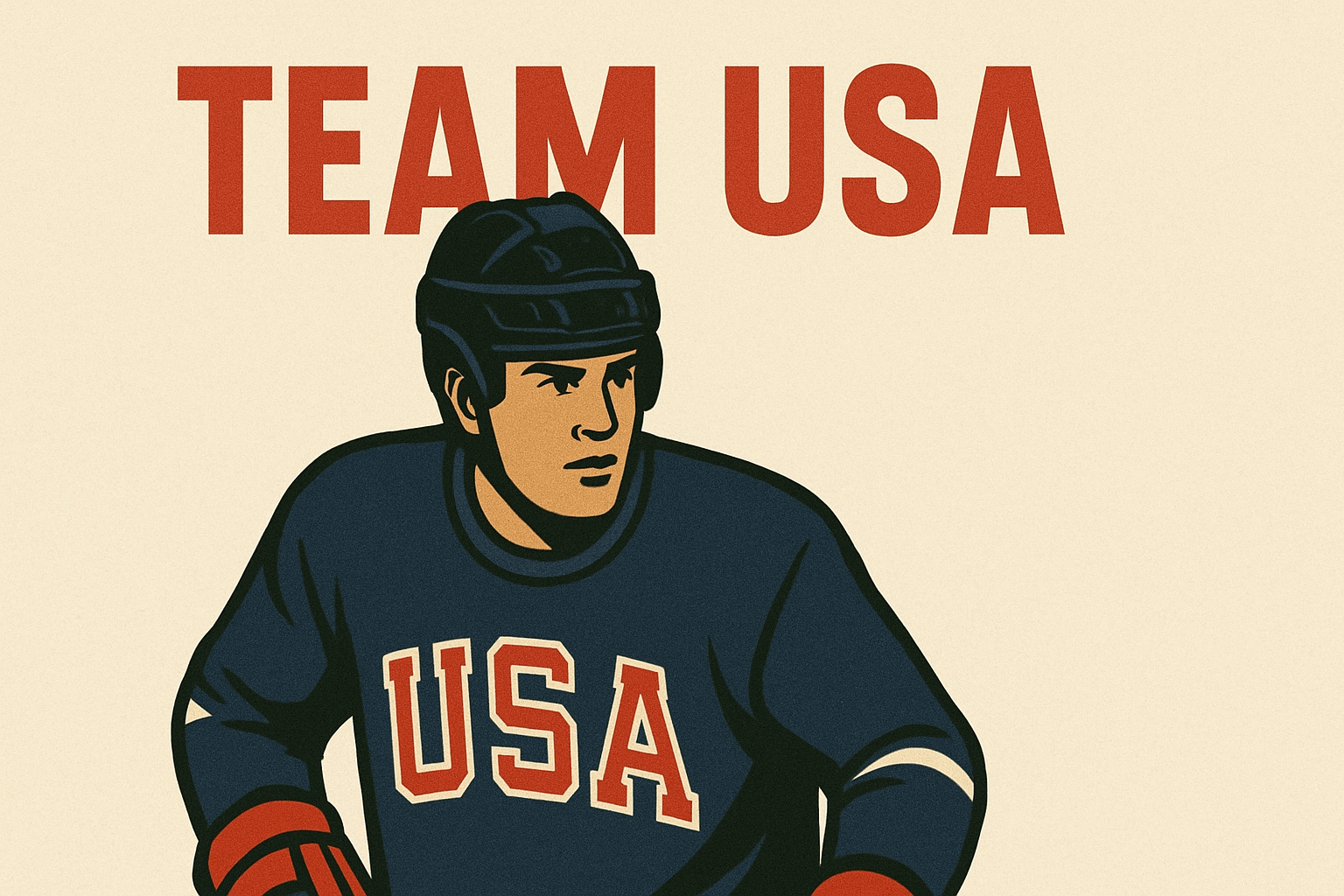Team USA enters the 4th World Deaf Ice Hockey Championships (WDIHC 2025) in Vancouver with high confidence and a target on their backs. The Americans boast a proud deaf hockey legacy and a historic rivalry with Team Canada, the tournament hosts. As the defending world champions from 2017 and reigning Deaflympics gold medalists, Team USA carries a winning pedigree that makes them a favorite to contend for gold once again on Canadian ice.
Deaf Hockey Pedigree and Rivalry
Team USA's deaf hockey program has consistently been among the world's elite. Since the inaugural WDIHC in 2009, the United States has reached the podium multiple times, including a bronze medal in 2009 and a breakthrough gold medal in 2017. In the 2013 WDIHC, the U.S. fell just short of the podium, losing the bronze-medal game 6–4 to Finland, but they rebounded emphatically in the next championship. On home ice in Buffalo at the 2017 tournament, Team USA defeated archrival Canada 6-3 in the final to claim the world title. The Americans have also thrived on the Deaflympic stage, earning bronze at the 2015 Winter Deaflympics in Russia and winning gold at the 2019 Winter Deaflympics in Italy. In that 2019 final, the U.S. took a decisive 4-1 lead in the second period and ultimately downed Canada 7-3 for the gold, underscoring the intensity of the North American rivalry.
This USA–Canada rivalry remains one of the defining storylines heading into 2025. The two nations have traded blows in recent years on the biggest stages. While Team USA triumphed over Canada in the 2017 worlds and 2019 Deaflympics, Canada got a measure of revenge in a pre-tournament exhibition last year. At the 2024 Jeff Sauer International Deaf Hockey Series in Buffalo – a tune-up event for WDIHC – the U.S. met Canada in the final and fell in a narrow 6-5 defeat. That setback has only fueled the Americans' hunger.
Veteran Leadership at the Core
Anchoring Team USA's roster is a group of battle-tested veterans who bring invaluable experience and leadership. Foremost among them is 34-year-old forward Troy Benson, a long-time offensive catalyst and inspirational figure on the team. Benson made his national team debut way back in 2013 and has since been a mainstay through multiple world championships and Deaflympics. He already owns a collection of hardware – including the 2017 WDIHC gold and 2019 Deaflympics gold – and remains as motivated as ever.
Supporting Benson up front is fellow offensive leader Grant Isenbarger, a 31-year-old forward from Indiana who has been part of the U.S. deaf hockey program for over a decade. On defense, 28-year-old Christian Buczek (Hamburg, NY) and 27-year-old Ryne Krueger (Illinois) provide stability. In goal, Allison Curran, now 28, returns as the likely starting goaltender after backstopping the Americans to gold in 2017 and 2019. Backing him up is 17-year-old William Cariveau of Minnesota – a newcomer who will be one of the youngest goalies in the field.
Rising Stars and Newcomers
While the American roster leans on its veterans, it has also been rejuvenated by young talent eager to make a mark. One of the most notable rising stars is Caleb Hoffman, a 17-year-old defenseman from Illinois who scored the game-winning goal for Team USA in a semifinal victory over Finland during last year's Jeff Sauer Deaf Hockey Series.
Another teenage addition is Milo Rydberg, a high school junior from Pine City, Minnesota. The team also features early 20-somethings like Nicholas "Nick" Pecora, Bruce Green Audette, and Stewart DeLange who bring energy and physical play to the lineup.
2025 Outlook and Team Goals
After an eight-year hiatus in world championship play, Team USA is thrilled to return to the international stage. The coaching staff, led by Joe Gotfryd and assistants Larry Sterczek and Tony McGaughey, has emphasized fitness and team cohesion heading into Vancouver.
As defending champions, nothing less than a gold-medal repeat will satisfy the Americans. The veterans are determined to capitalize on what may be their last run together, while the younger generation is hungry to prove themselves. Canada, in particular, looms large as both host and chief rival, but other contenders like Finland, Czechia, and Hungary cannot be overlooked in what will be a highly competitive field.
Team USA appears poised and prepared to defend their world title with a balanced roster of seasoned champions and ambitious newcomers. Backed by their legacy of excellence and driven by the dream of yet another gold, Team USA is ready to make a loud statement in the deaf hockey world – even in a sport played without sound.
